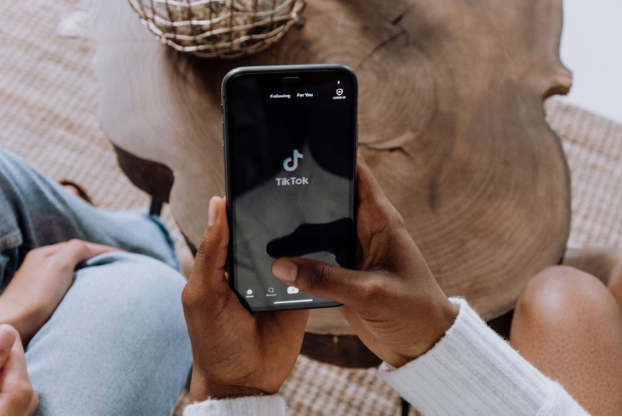Health system marketing leaders face a delicate balancing act when incorporating TikTok into their communication strategies.
On the one hand, TikTok offers valuable opportunities for recruiting and community engagement, particularly among Gen Z. But, concerns about data privacy and potential adverse effects on mental health must be carefully addressed.
This article explores how health systems manage these concerns while recognizing TikTok’s value as a healthcare communications tool.
Security Precautions and Data Privacy
Healthcare organizations know the security concerns associated with social media platforms, including TikTok. Suzanne Spruce, Senior Vice President and Chief Marketing and Communications Officer at Northern Light Health, emphasizes the importance of extra security precautions.
Measures such as limiting the type of information posted and employee access while on the network help mitigate potential risks associated with data privacy.
Government Scrutiny and Chinese Ownership
The Biden administration’s concerns about TikTok’s Chinese ownership and data security have added complexity. Unless the company is sold, the possibility of a ban on TikTok has raised questions about the platform’s future.
Health Systems’ Utilization of TikTok
Despite the controversies and security concerns, health systems have recognized the importance of engaging with their target audiences on TikTok. Providence in Renton, WA, for example, partners with TikTok’s learning platform to provide mental wellness education resources.
The pandemic has heightened concerns about mental health in children and adolescents, making it essential for health systems to reach them through platforms they frequent.
The Appeal of TikTok for Gen Z
With an increasing number of young people turning to social media for medical advice rather than seeking professional help, health systems understand the significance of being a reliable source of information online.
Brian Deffaa, Chief Marketing Officer of LifeBridge Health, acknowledges that TikTok cannot be ignored when targeting Gen Z, especially considering that over half of Gen Z adults do not have primary care physicians. However, he also highlights the inherent risks, including potential HIPAA violations and concerns over China’s privacy and intellectual property protection track record.
Struggling with the Risk/Reward Balance
Incorporating TikTok into healthcare marketing strategies involves a complex risk/reward analysis. While the platform presents opportunities to engage with younger audiences, the potential consequences of data breaches and privacy concerns must be addressed.
Health systems are keenly aware of the need to protect patient data and maintain public trust, making it challenging to navigate the uncertainties surrounding TikTok’s data security and the platform’s impact on mental health.
In conclusion, health system marketing leaders are grappling with the challenges of TikTok’s data privacy concerns and the potential effects on mental health.
As they strive to engage with younger audiences and provide valuable information, they must carefully weigh the risks and rewards associated with the platform. By implementing robust security measures and offering clinically vetted content, health systems aim to balance leveraging TikTok’s reach and protecting patient data and privacy.
Recent News

November 07, 2023
UT Arlington’s Smart Hospital: Innovations and Advancements
The University of Texas at Arlington (UT Arlington) innovative hospital has […]
Read More
October 22, 2023
Healthcare’s 2023 Dilemma: Staffing Gaps
The healthcare sector in the US is grappling with a significant […]
Read More
